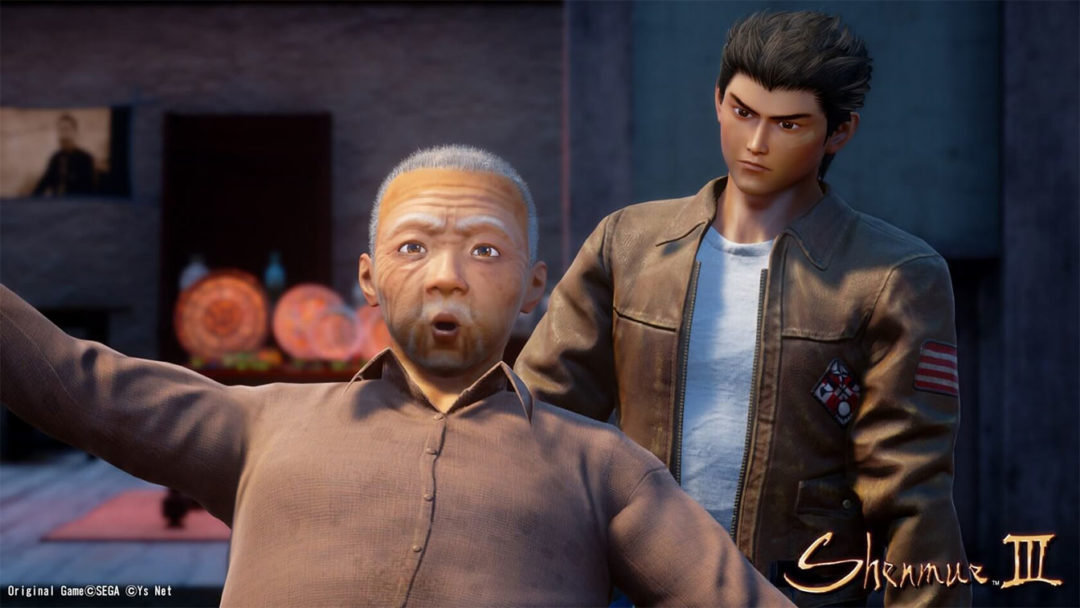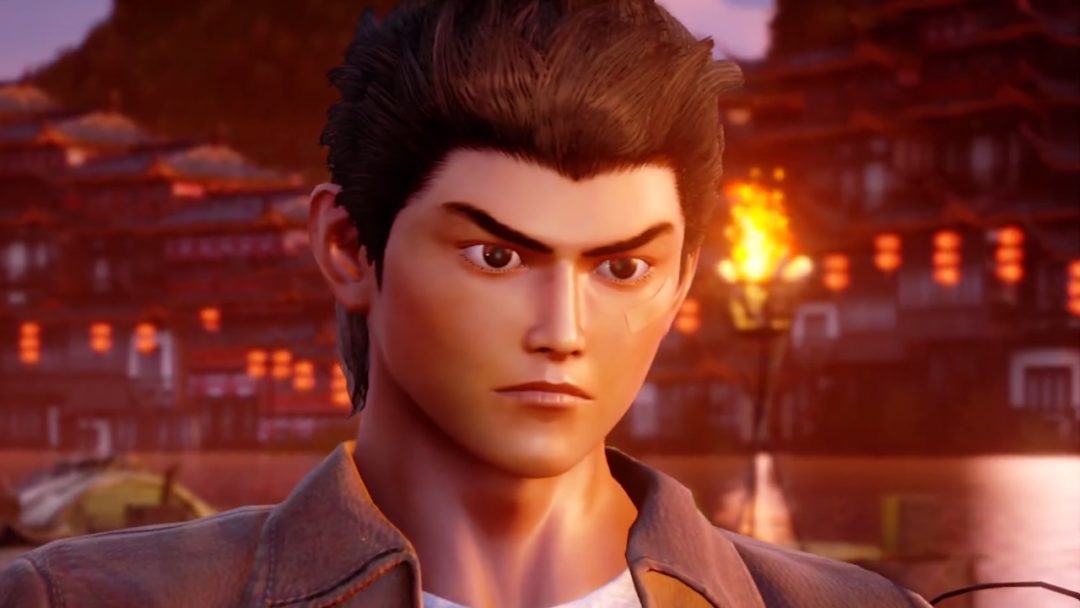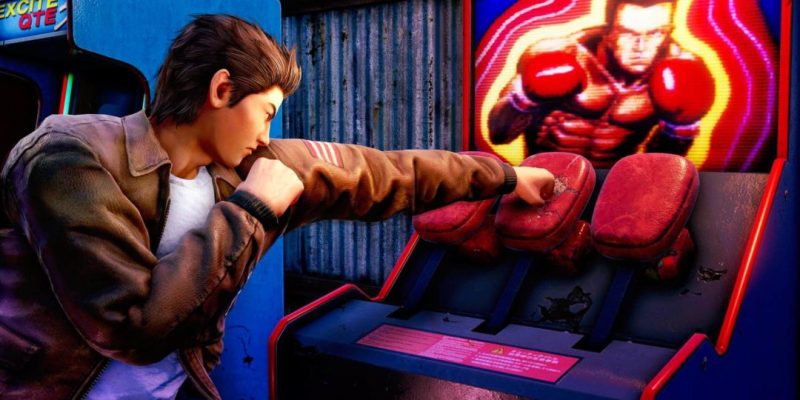Regardless of whether they ended up positive or negative, every review of Shenmue III has agreed upon one thing: It feels extremely dated for a 2019 release. Understandably, this is a huge issue for some – after all, it’s pretty hard to just forget about the past 20 years of advancement in game design that have made games more accessible. However, Shenmue III is a unique case. It only exists due to the financial support of its hardcore fans, who never gave up hope on the series returning despite the nearly two-decade hiatus between main installments. They didn’t back the title wanting a modern game, but rather the unique brand of action adventure that none of Shenmue’s design descendants are able to offer up.
When Shenmue originally released in 1999, Sega marketed the game of being in the “FREE” genre. This acronym stands for “full reactive eyes entertainment,” and while the name is a bit full of itself, it did a great job of explaining what was so unique about Shenmue at the time. Yu Suzuki’s masterpiece was unlike anything that had come before it and would influence so much of what we see in gaming today. Players had unparalleled freedom in its world. They could explore the digital recreation of Yokosuka, Japan, experience a day-night cycle where all of its inhabitants had set schedules, enter businesses to talk to shop owners, and procrastinate their days away playing arcade games rather than progressing the main story. There was a level of inane interactivity that had never been done before as protagonist Ryo Hazuki could open every drawer in a house, even if only two of them held anything of value.

Nearly all of Shenmue’s forward-thinking game design has become common in the industry, with series such as Grand Theft Auto and Yakuza building upon many of its core ideas. As a result, Shenmue wound up being such an innovative title that it has become defined in retrospect by its shortcomings and quirks. People remember the stilted dialogue that is objectively bad yet full of charm, the antiquated game design that had players asking an entire town if they had seen any sailors, the ability to interact with a ton of stuff for no reason, and the stiff combat that used the Virtua Fighter engine yet never felt nearly as good.
In the current landscape, there are plenty of games that iterate upon Shenmue’s innovations much better than it ever could – but none of them feel quite like Suzuki’s series. It’s a franchise that has been surpassed from a design standpoint but one that still holds tremendous sentimental value for Dreamcast owners. So, when the opportunity came to crowdfund the third installment in the series, fans weren’t putting their money towards a modern-playing game that continues the story of Shenmue, but rather funding a new Shenmue game in 2019. They wanted to continue Ryo’s story and experience it in a way that was faithful to the original games.
From that standpoint, they got exactly what they paid for. Shenmue III is as faithful a sequel as could be made. For better and for worse, the crowdfunded title feels as if it were made in 2002. The core gameplay loop of asking people for information, going to a location to watch a cutscene, and then asking an entire village new questions remains unchanged. The dialogue is full of random pauses and awkward writing. It truly feels like the game Suzuki and his team would have made had Sega not pulled the plug on the series all those years ago.

While it has been understandably divisive amongst mainstream critics, it’s important to remember that the average 2019 gamer is not who this game was designed for. It was funded by the hardcore fanbase and meant to appeal to those who have come to love Shenmue’s flaws and eccentricities. In that light, the game is a tremendous success, as it fully appeals to the niche that the developer was targeting.
Shenmue III can easily be picked apart if one wants to do so – as it is filled with issues – but making it subscribe to the same game design philosophies as other AAA games is not the answer. There is little value in making a Shenmue title that plays like a modern adventure game. Rather than being a subpar modern title that lacks the funding necessary to rival the detail and nuance of series that have carried its torch, developer Ys Net created the only full reactive eyes entertainment title of 2019. By sticking to the original formula, Suzuki and his team have created something that feels truly unique in the modern gaming space. Some of this uniqueness may stem from frustrations and shortcomings, but they make for a much more interesting experience than a modern interpretation would have.
Playing through Shenmue III is often surreal, as it is a game that was never supposed to release. It makes players examine the originals in a new light as they remember what they enjoyed about the Dreamcast titles, while also appreciating how far gaming has come. Shenmue may no longer be at the forefront of gaming – in fact it’s at the very rear in terms of innovation – but it still has a place. Not every game needs to control the same way or have the same features, and Ys Net has developed a great reminder that gaming is better when there is a variety of experiences to be had.
